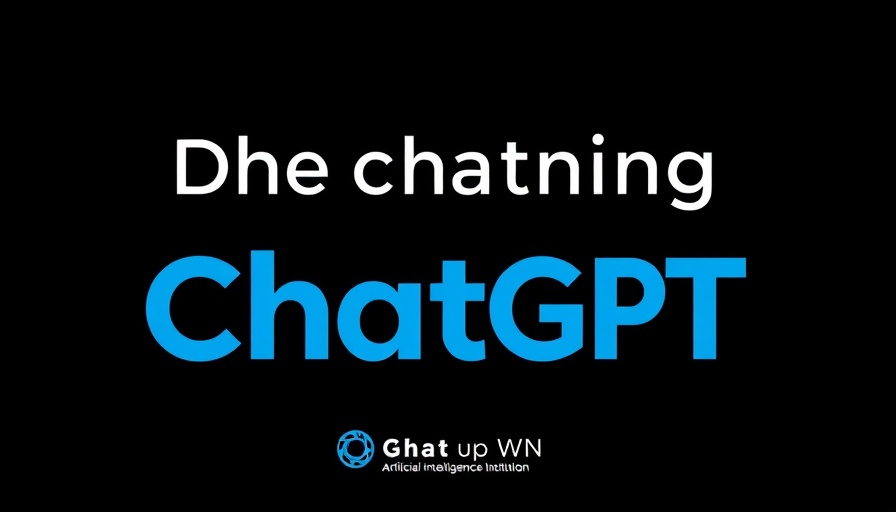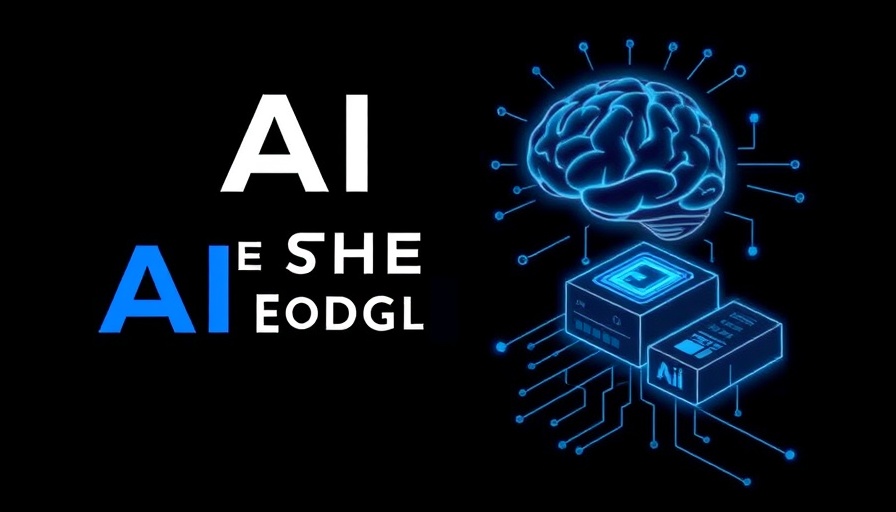
The Troubling Impact of AI on Scientific Integrity
The emergence of artificial intelligence (AI) in the scientific peer review process is causing concern and confusion among researchers. Notably, ecologist Timothée Poisot's recent experience with a peer review generated by a language model like ChatGPT has raised profound questions about the future of academic integrity. Poisot contends that without genuine, peer-based feedback, the foundational agreement of peer review dissolves.
Understanding the Current Landscape
According to a study published in Nature, as much as 17% of reviews for AI-related papers between 2023-24 indicated substantial modifications made by AI. Moreover, nearly 20% of researchers admitted to using AI tools to expedite the review process. This trend suggests a growing reliance on AI, despite the potential pitfalls that accompany it.
A Cautionary Tale: Absurd Outcomes from AI-Assisted Reviews
Some notorious incidents highlight the dangers AI can pose in peer review. A 2024 paper published in the journal Frontiers included nonsensical diagrams generated via AI art tools, prompting an uproar among critics questioning how such flawed visuals passed muster during review. This incident underscores two critical risks: the use of AI to conduct reviews and the potential for AI-generated content to bypass quality controls, jeopardizing the integrity of scientific publishing.
Institutional Responses to AI's Influence
In light of these challenges, publishers are cautiously adapting their policies. Elsevier has outright banned generative AI in peer reviews, while Wiley and Springer Nature permit its limited use only with clear disclosures. Meanwhile, the American Institute of Physics is experimenting with AI tools as adjuncts to traditional peer review, reflecting the nuanced opinions within academia regarding AI's role.
Future Considerations: Can AI Enhance Peer Review?
Interestingly, a Stanford study revealed that about 40% of scientists viewed AI-generated feedback favorably, with some even suggesting it could outperform human reviews. This ambivalence highlights a critical conversation about how academic communities can harness AI constructively while maintaining the essential human element in scholarly evaluation.
The question remains: can we embrace technological advancement without sacrificing the credibility of scientific discourse? As the dialogue continues, researchers like Poisot remind us that maintaining the integrity of peer review is paramount to preserving trust and quality within academia.
 Add Row
Add Row  Add Element
Add Element 



 Add Row
Add Row  Add
Add 


Write A Comment